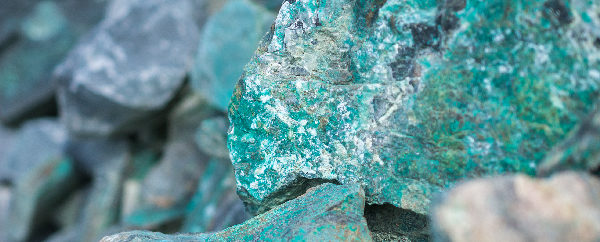When you first start investing – and reading about investing – one thing you hear again and again is that ‘gold is a store of value’.
So whether the rest of the market is falling or thriving, it’s reasonable to want to invest at least a portion of your total funds into gold and other precious metals.
If you’re planning to do so, here are some of the golden rules for investing in precious metals to help you maximise the value of your investments.
1. Buy bullion
First and foremost, make sure you buy precious metals in a form that is intended for bulk investment purchases.
This includes low-premium gold bullion, as well as investment funds like precious metal futures contracts (although these need a whole new kind of understanding in their own right).
What you definitely should not do, is to buy premium ‘collectible’ gold in formats like commemorative coins and jewellery.
All too often, newcomers to investing buy gold jewellery and collectible coins, only to find that the premium they pay for the workmanship or the perceived sentimental value more than wipes out the actual investment value of the piece itself.
Remember, good-quality solid gold has intrinsic value as a physical commodity. Gold in any kind of worked, artisan or commemorative form does not have intrinsic value in the same way, beyond the (usually much much lower) weight and grade of the gold used.
Exceptions to the rule
Of course there are exceptions – and if you happen to come across an incredibly rare gold coin in good condition at a good price, you could stand to make a substantial profit.
Likewise if you have gold of saleable standard and can sell it on at a price that includes the workmanship, this will often net you much more than selling it by weight to be melted down.
As always, it’s important to understand what you are dealing with, and to make your own decisions based on what is being offered for you to buy, or what you already own and are looking to sell.
2. Choose a dealer
It’s important to find a dealer you can trust. When you’re first starting out, that means checking their reputation, other investors’ reviews of their service (ideally reviews you can independently verify) and any independent ratings by third-party organisations too.
When buying commodities like gold and other precious metals, you will often part with your cash without immediately having anything to show for it – the gold only arrives later.
Because of this, you need to make sure you work with a bullion dealer with a good track record of fulfilling any orders placed, so you are not at any unnecessarily greater risk, and so you can also dispose of your precious metals when the market hits a high.
Exceptions to the rule
Not all purchases of precious metals require you to take delivery, and many investors prefer the easier life of buying futures contracts and other vehicles that do not involve a physical order of solid gold showing up at your door.
In these cases delivery may be a much less significant factor, but it is still important to choose a reputable gold dealer with positive past ratings, so you can buy at a good price, get what you pay for and dispose of it at a profit when the time is right.
3. Get started
One thing you can say about gold is that it certainly is not a bubble. Gold prices – and those of other precious metals, too – go up and down over the short term, but over the long term they largely only track in one direction, and that direction is up.
Yes there are corrections, and if you buy in at a high, this can hurt your portfolio in the short term, but under most normal market conditions and even in some periods of greater volatility, gold is the safe harbour investment that many people regard it as being.
Because of this, unless something very unusual is happening to the markets, it’s generally a good idea to buy into precious metals sooner rather than later, so you can start to compound those gains.
Exceptions to the rule
In any investment, timing is of the essence, so always make sure you do your reading, check the recent and long-term historical price charts for gold and other precious metals, and place your investments where they will return the greatest value.
That might mean biding your time if you think a particular commodity is significantly overvalued, or waiting for a particular deadline to expire on futures contracts so that you can make your move.
But get it right, and gold will almost always reward you with an increase in value, making it a useful addition to a diverse portfolio, which can be diversified further by investing in the other precious metals as well.
http://www.marketoracle.co.uk/Article64654.html
Disclaimer: The information provided here is not investment, tax or financial advice. You should consult with a licensed professional for advice concerning your specific situation.




